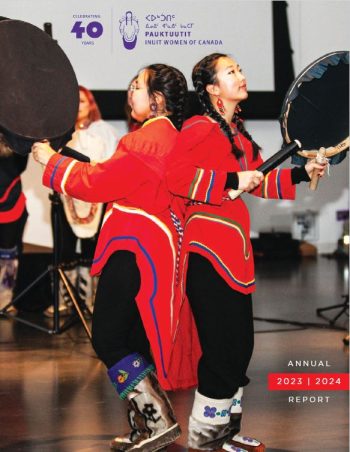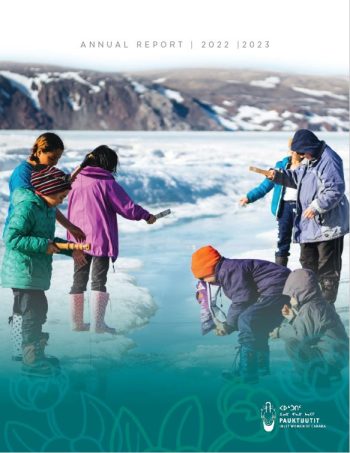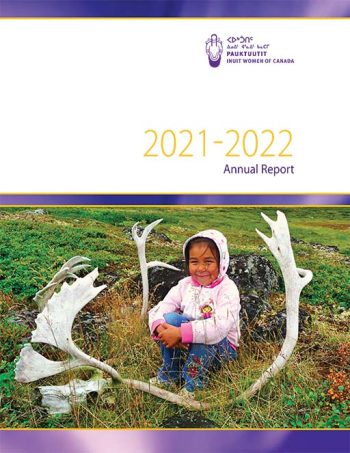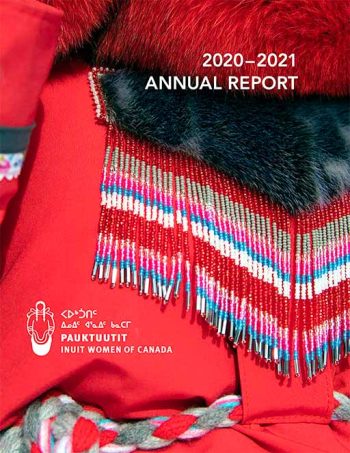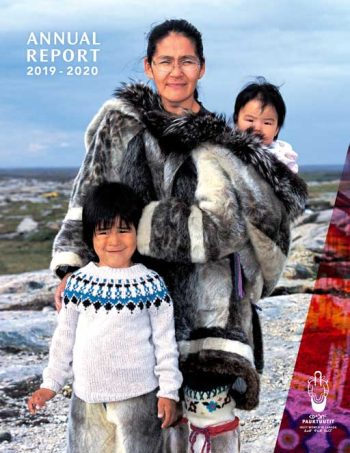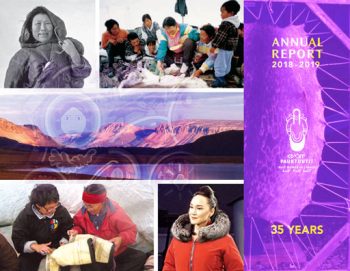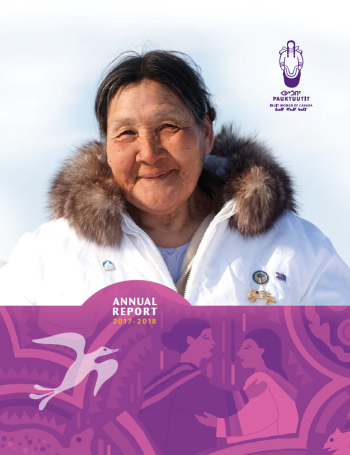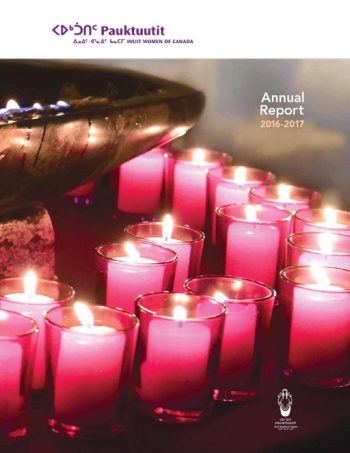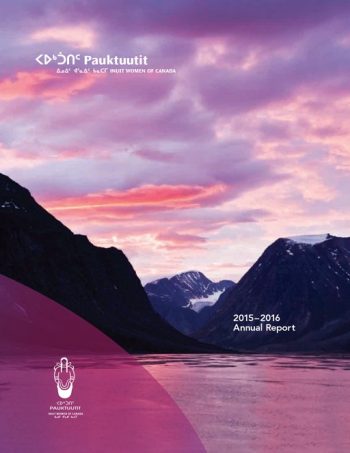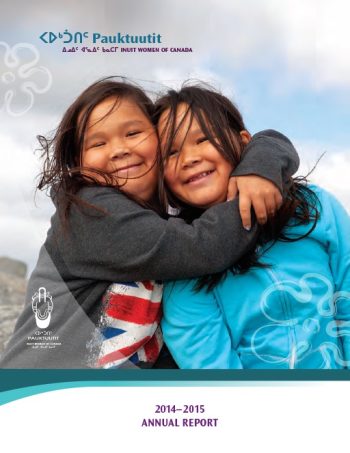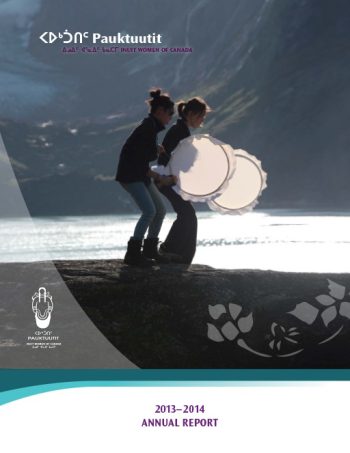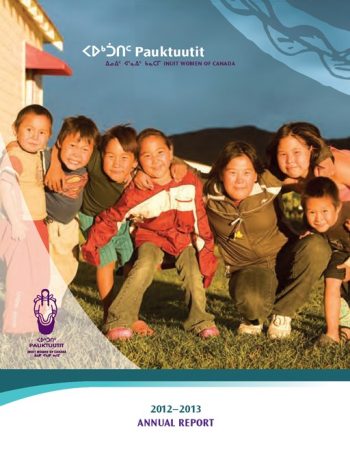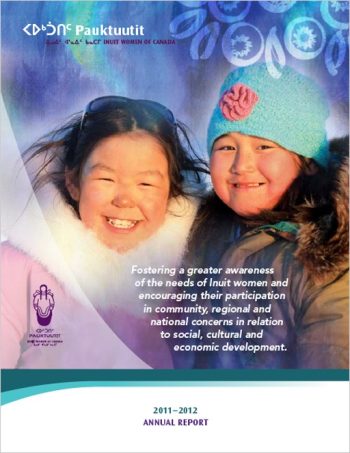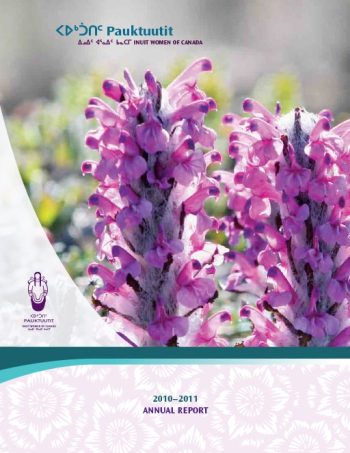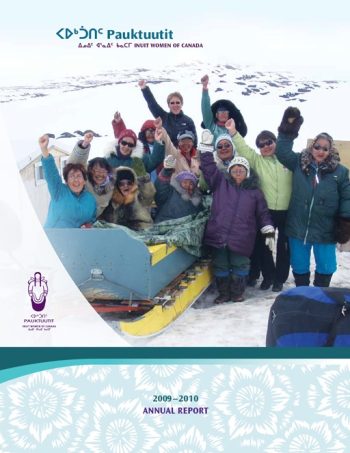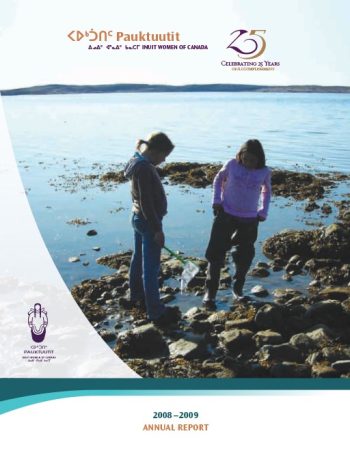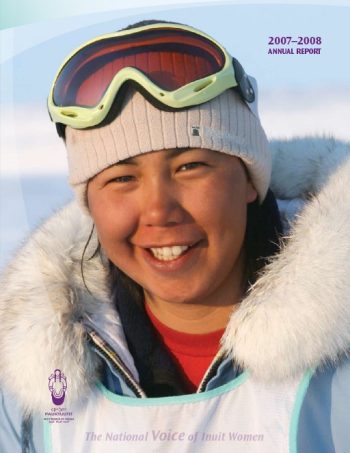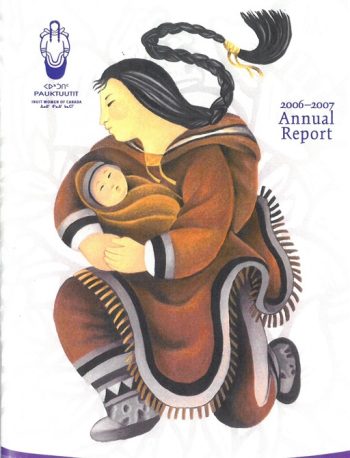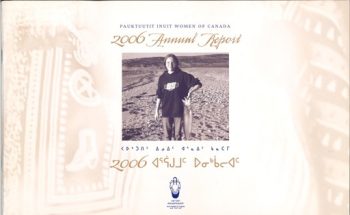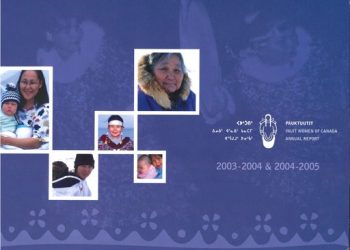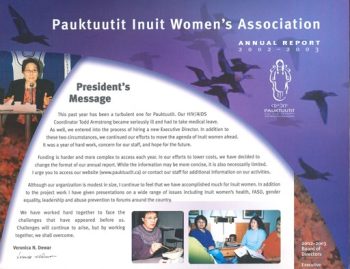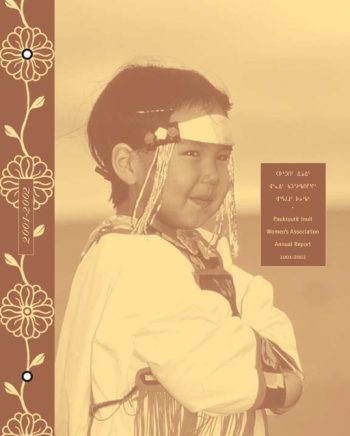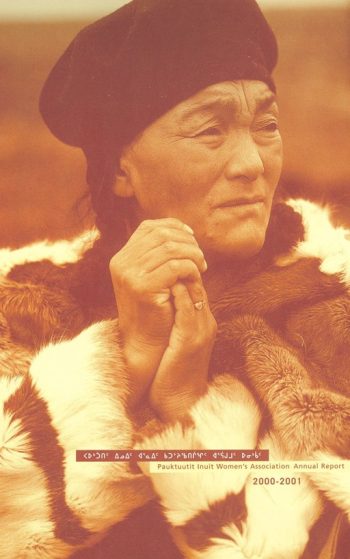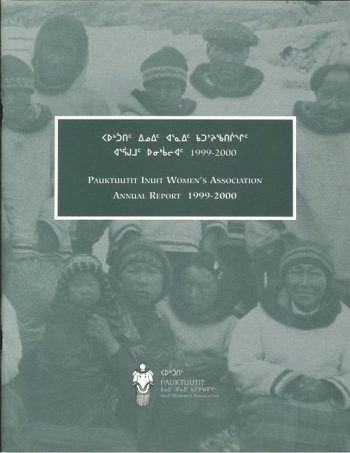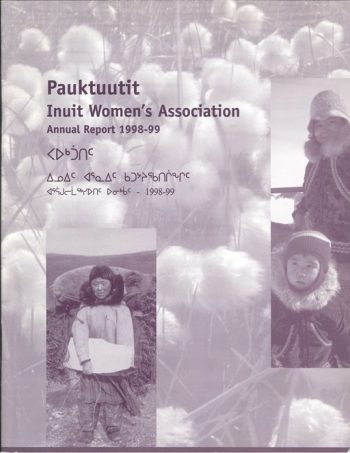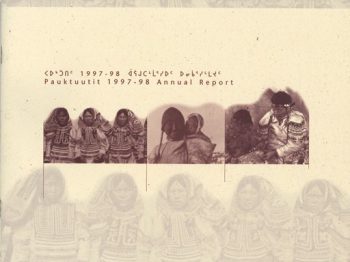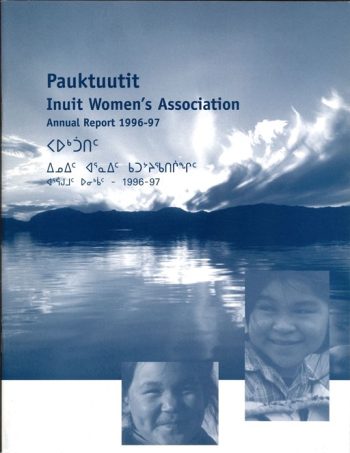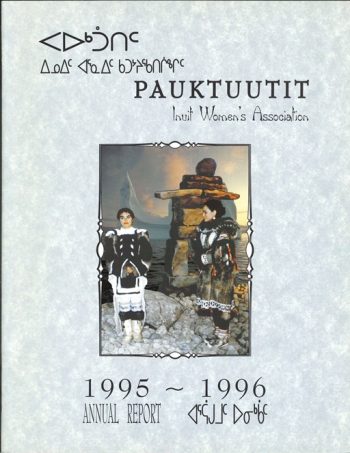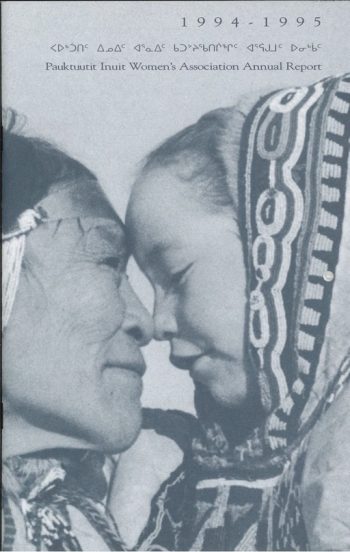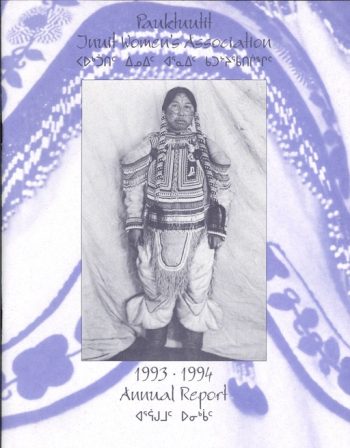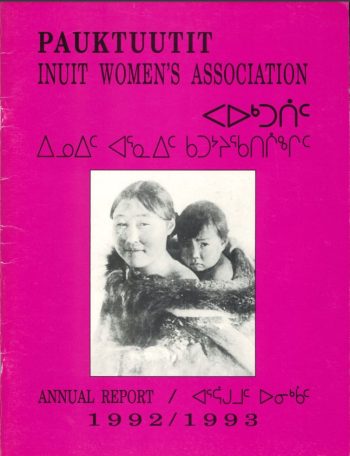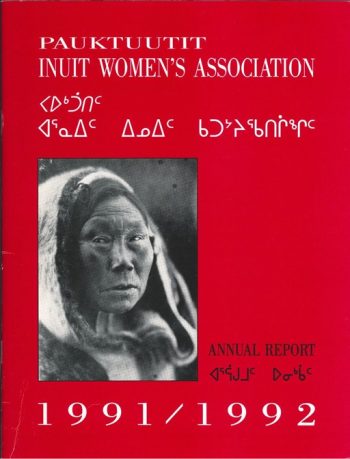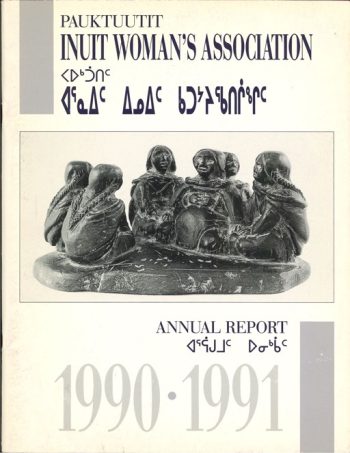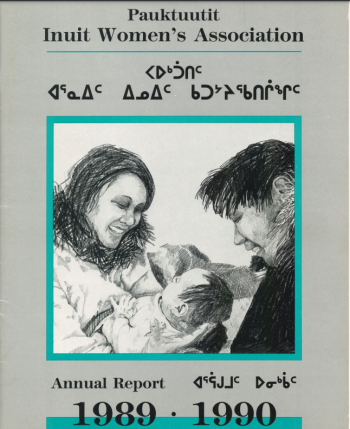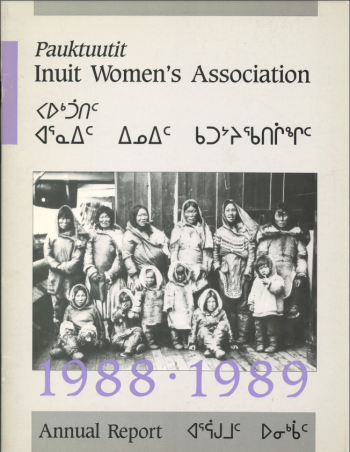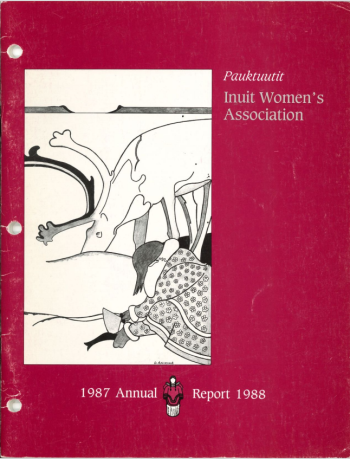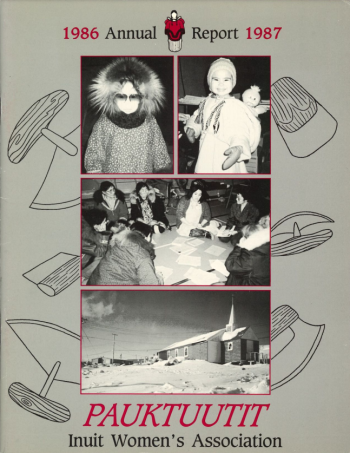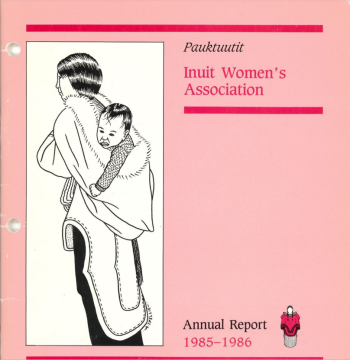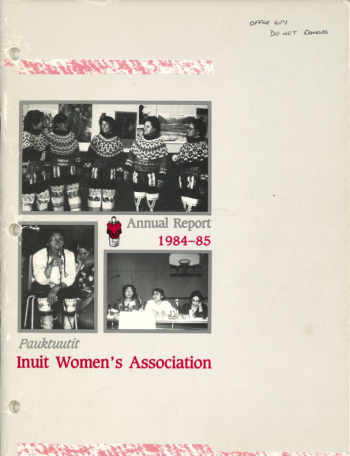Publications
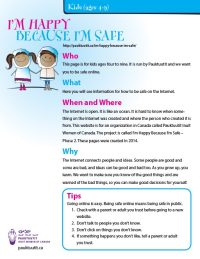
I’m Happy Because I’m Safe: Fact Sheet (Kids 4-9)
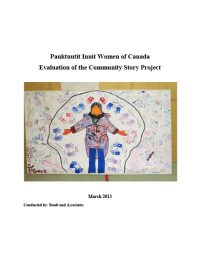
A Community Story – Evaluation
Pauktuutit Inuit Women of Canada in partnership with BluePrintForLife and the community of Kugaaruk, Nunavut, delivered a five-day intensive workshop that focused on Inuit adult survivors of Residential Schools and the intergenerational impacts of Residential Schools. The parallel streams of workshops were for adults and elders, ran by Pauktuutit, and for youth ages 14-21, run by BluePrintForLife. Both groups met together for the last two days.
Pauktuutit conducted a workshop that focused on adult survivors of Residential Schools and issues related to child sexual abuse. Eight adult survivors from Kugaaruk shared their experiences during the workshop.
https://pauktuutit.ca/wp-content/uploads/Community-Story-Evaluation-Report_EN.pdf
Year Published 2013

A Community Story: A Workshop Model
Pauktuutit Inuit Women of Canada in partnership with BluePrintForLife and the community of Kugaaruk, Nunavut, delivered a five-day intensive workshop that focused on Inuit adult survivors of Residential Schools and the intergenerational impacts of Residential Schools. The parallel streams of workshops were for adults and elders, ran by Pauktuutit, and for youth ages 14-21, run by BluePrintForLife. Both groups met together for the last two days.
Pauktuutit conducted a workshop that focused on adult survivors of Residential Schools and issues related to child sexual abuse. Eight adult survivors from Kugaaruk shared their experiences during the workshop.
https://pauktuutit.ca/wp-content/uploads/Pauktuutit_CommunityStory_English_WEB.pdf
Year Published 2013
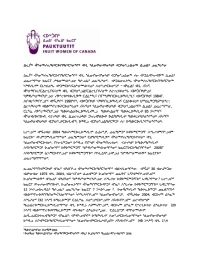
Violence Prevention Campaign for Inuit Children – Fact Sheet
Family violence and abuse are serious, ongoing issues that afflict every Inuit community in Canada at rates much higher than those in the south. Children are one of the most vulnerable groups impacted by violence and abuse or become victims. Data collected by the Qanuippitali Inuit Health Survey in Nunavut (2012), indicate that:
- 31% of respondents experienced severe physical abuse as children; and
- 52% of women and 22% of men reported having experienced severe sexual abuse during childhood.
https://pauktuutit.ca/wp-content/uploads/Nunavut-Im-Happy-Bc-Im-Safe-Fact-Sheet.pdf
Year Published 2013
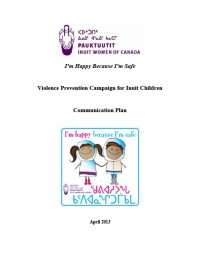
Violence Prevention Campaign for Inuit Children – Communication Plan
Family violence and abuse are serious, ongoing issues that afflict every Inuit community in Canada at rates much higher than those in the south. Children are one of the most vulnerable groups impacted by violence and abuse or become victims. Data collected by the Qanuippitali Inuit Health Survey in Nunavut (2012), indicate that:
- 31% of respondents experienced severe physical abuse as children; and
- 52% of women and 22% of men reported having experienced severe sexual abuse during childhood.
https://pauktuutit.ca/wp-content/uploads/English-Im-Happy-Bc-Im-Safe-Communication-Plan-.pdf
Year Published 2013
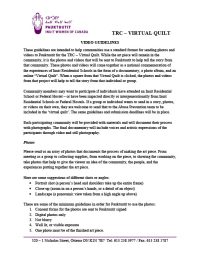
TRC – Virtual Quilt – Video Guidelines
The ‘virtual quilt’ is designed to give voice and expression to Inuit women’s unique experiences and lasting impacts of Residential Schools as a national Residential Schools commemoration initiative. This project was recommended by the Truth and Reconciliation Commission (TRC) and is funded by Aboriginal Affairs and Northern Development Canada. The project, entitled “TRC – Virtual Quilt” is a project for communities that are interested in producing an art piece that reflects the Inuit experience of Residential Schools. The final outcomes of this project are intended to document and preserve the legacy of these experiences and to help begin a dialogue of reconciliation and healing with all Canadians.
https://pauktuutit.ca/wp-content/uploads/TRC-Virtual-Quilt_Photo-and-Video-Guidelines-English.pdf
Year Published 2012
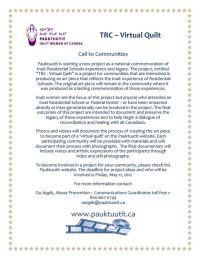
TRC – Virtual Quilt Flyer
The ‘virtual quilt’ is designed to give voice and expression to Inuit women’s unique experiences and lasting impacts of Residential Schools as a national Residential Schools commemoration initiative. This project was recommended by the Truth and Reconciliation Commission (TRC) and is funded by Aboriginal Affairs and Northern Development Canada. The project, entitled “TRC – Virtual Quilt” is a project for communities that are interested in producing an art piece that reflects the Inuit experience of Residential Schools. The final outcomes of this project are intended to document and preserve the legacy of these experiences and to help begin a dialogue of reconciliation and healing with all Canadians.
ttps://pauktuutit.ca/wp-content/uploads/05a-TRC-Virtual-Quilt-Flyer_EN.pdf
Year Published 2012
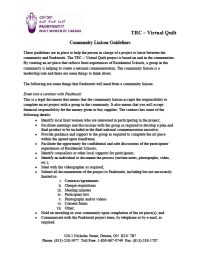
TRC – Virtual Quilt – Community Liaison Guidelines
The ‘virtual quilt’ is designed to give voice and expression to Inuit women’s unique experiences and lasting impacts of Residential Schools as a national Residential Schools commemoration initiative. This project was recommended by the Truth and Reconciliation Commission (TRC) and is funded by Aboriginal Affairs and Northern Development Canada. The project, entitled “TRC – Virtual Quilt” is a project for communities that are interested in producing an art piece that reflects the Inuit experience of Residential Schools. The final outcomes of this project are intended to document and preserve the legacy of these experiences and to help begin a dialogue of reconciliation and healing with all Canadians.
https://pauktuutit.ca/wp-content/uploads/TRC-Virtual-Quilt_Community-Liaison-Guidelines-English.pdf
Year Published 2012
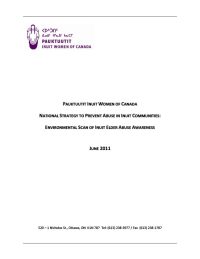
Environmental Scan of Inuit Elder Abuse Awareness
In 2010/11 Pauktuutit published an environmental scan on Inuit elder abuse awareness. It was intended to review existing assessment tools and other resources for potential use in Inuit communities. Secondary outcomes were intended to both raise awareness among Inuit about this issue as well as inform policy and decision-makers. The scan indicates that the problem of Inuit elder abuse is largely hidden, manifested in complex social relations that are in part traditional and in part the result of modern socio-economic realities. The problem is widely recognized as financial abuse perpetrated by grandchildren. Poverty and lack of housing are important contributing factors. The RCMP and others identify drug and alcohol abuse as critical factors. Underlying the abuse is unresolved intergenerational trauma rooted in the residential school experienced and other historical events such as forced relocations that have normalized violence and undermined traditional Inuit values.
https://pauktuutit.ca/wp-content/uploads/04-Inuit-Elder-Abuse-Scan_EN.pdf
Year Published 2010
